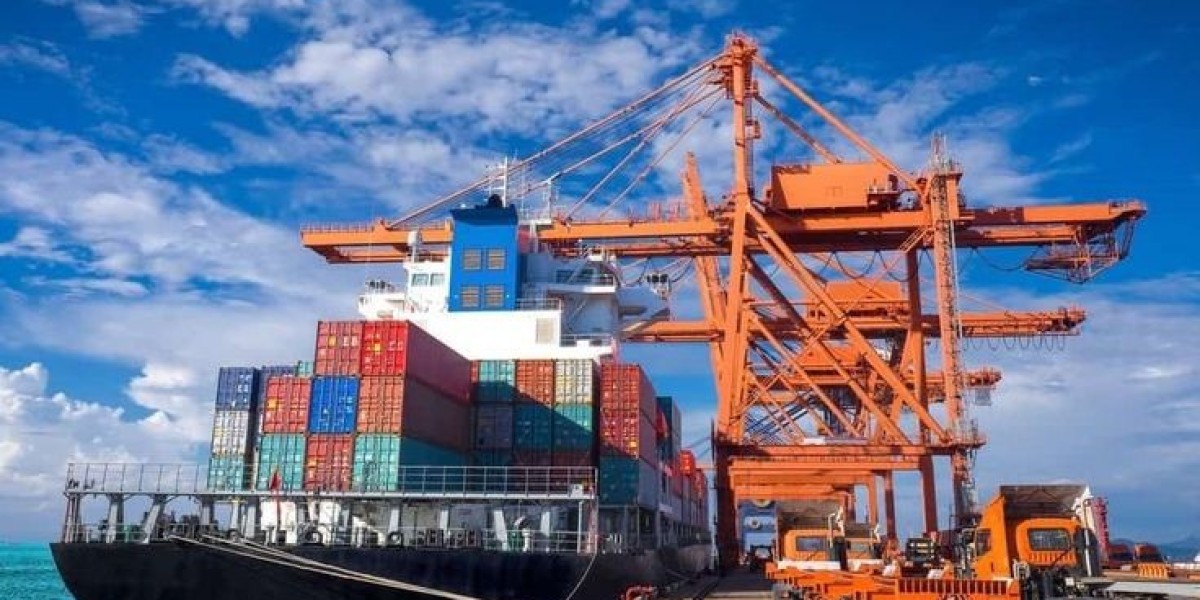In today’s rapidly evolving business environment, efficiency, speed, and adaptability are more important than ever. From military deployments to commercial delivery systems, organizations depend on the seamless movement of assets, personnel, and goods. At the heart of this dynamic system lies Fleet Logistics Support a critical backbone that can significantly improve operations when properly implemented.
But what exactly is Fleet Logistics Support, and how can it improve operations across various sectors? Let’s dive into the key benefits and transformative power of a strong fleet logistics system.
What Is Fleet Logistics Support?
Fleet Logistics Support refers to the management, coordination, and optimization of transportation fleets—whether air, sea, or land—to ensure timely delivery of services, materials, or products. This encompasses everything from fuel management and vehicle maintenance to route planning and driver scheduling.
Industries such as defense, transportation, e-commerce, manufacturing, and emergency response rely heavily on this support to keep their operations running smoothly and efficiently.
1. Enhanced Operational Readiness
For sectors like the military or emergency response, readiness is everything. Fleet Logistics Support ensures that equipment is serviced, fuel is available, and personnel are deployed with minimal delays. A well-maintained logistics support system can reduce downtime, improve reaction time, and ensure mission success even in high-pressure environments.
By having a proactive logistics system, organizations can forecast needs, anticipate challenges, and stay one step ahead—something crucial in unpredictable conditions.
2. Data-Driven Route Optimization
Modern fleet logistics use smart technologies and GPS-enabled solutions to monitor routes in real time. With this data, logistics teams can optimize routes, avoid congested roads, reduce travel time, and cut down fuel consumption.
This not only results in cost savings but also improves the speed of deliveries. For e-commerce and transportation companies, this is a competitive advantage that enhances customer satisfaction.
3. Real-Time Visibility & Tracking
Fleet Logistics Support provides centralized control and tracking across the entire supply chain. Managers can monitor every vehicle, asset, and shipment in real-time, allowing for better decision-making and quicker responses to unexpected issues.
In case of delays or disruptions, logistics teams can reroute deliveries or reallocate resources, ensuring minimal impact on operations. This level of transparency builds reliability and boosts overall trust in the system.
4. Predictive Maintenance and Reduced Downtime
Fleet vehicles require regular maintenance, and unexpected breakdowns can cause significant disruptions. With the integration of telematics and predictive analytics, fleet logistics systems can now monitor vehicle health, identify wear-and-tear patterns, and schedule maintenance proactively.
This approach significantly reduces unscheduled downtimes, improves asset longevity, and ensures that fleets remain in optimal condition—directly impacting productivity and profitability.
5. Sustainability and Fuel Efficiency
As businesses aim to reduce their carbon footprint, Fleet Logistics Support plays a pivotal role in sustainability initiatives. Efficient routing, reduced idling times, vehicle load management, and the integration of electric or hybrid vehicles help organizations lower fuel usage and emissions.
Not only does this align with environmental goals, but it also enhances brand reputation and leads to long-term operational savings.
6. Cost Optimization Across the Board
One of the most tangible benefits of effective fleet logistics is cost optimization. Through automation, better planning, and efficient resource management, companies can drastically reduce fuel costs, labor expenses, maintenance charges, and delays.
Furthermore, fleet analytics allows businesses to analyze spending patterns, eliminate inefficiencies, and continuously improve the logistics process—all contributing to a leaner and more agile operation.
7. Scalability for Growing Operations
As organizations expand, so do their logistical needs. Fleet Logistics Support offers scalable solutions that can grow alongside the business. Whether it's integrating more vehicles, opening new routes, or adopting new technologies, a strong logistics backbone ensures smooth scaling without disruption.
This flexibility is particularly vital in industries like retail, delivery, and manufacturing where demand can fluctuate seasonally or in response to market trends.
8. Enhanced Safety and Compliance
Modern fleet management systems also prioritize driver safety and regulatory compliance. From monitoring driver behavior (speeding, harsh braking) to ensuring vehicles meet safety standards, logistics support systems enforce accountability and minimize risks.
This not only protects human lives and company assets but also reduces liability and insurance costs—an operational win-win.
Final Thoughts: A Smart Investment for Smart Operations
So, how can Fleet Logistics Support improve operations? The answer lies in its ability to integrate intelligence, automation, and flexibility into a system that once relied heavily on manual processes. Whether it's through cost savings, faster response times, better sustainability, or improved visibility, fleet logistics support isn’t just a necessity—it’s a strategic advantage.
As industries grow more complex and competitive, those who invest in optimized logistics solutions today will be better positioned to lead tomorrow.






